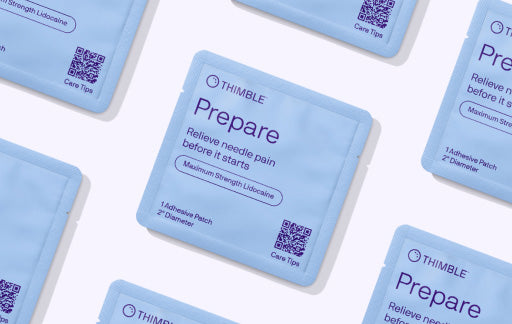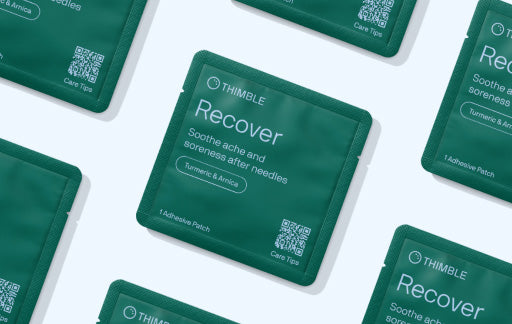On May 24, 2023, I sat in a conference room and looked around, beaming with gratitude and awe. How did I—someone accustomed to writing only dry, templated clinical notes—end up in this room full of poets, artists, storytellers, and scholars? It was an unexpected place for me, but thanks to the gracious Aizita Magaña, a public health professional who recently completed a Certification of Professional Achievement in Narrative Medicine from Columbia University, here I was at the California Endowment in downtown Los Angeles, attending the inaugural Keck School of Medicine Narrative Medicine Workshop. The name of the event was “A Return to the Heart of Health Care.”
The attendees were a varied bunch: medical anthropologists, English professors, physicians, CEOs, psychologists, deans, and college students. But they all exuded humility, openness, and a sincere desire to make a positive impact on medicine. When we broke out into small groups, a fellow physician affirmed my wonder: “You feel like you are exactly where you need to be?” It put words to my feelings. “Yes,” I said, “exactly.”
In the workshop, we discussed how medicine has changed and how it often leaves both patients and healthcare workers feeling dissatisfied and disempowered. We listened and were listened to. We examined art and poetry. We wrote and shared our writing. And at all times, we were vulnerable and courageous—“vulnerageous,” as a fellow participant quipped. I haven’t felt that professionally fulfilled in a long time. It wasn’t therapy, but, wow, was it therapeutic.
The workshop exercises were all central to narrative medicine, which encourages healthcare practitioners to actively listen to patients to understand their personal stories. Dr. Rita Charon of Columbia’s Program in Narrative Medicine, who’s widely recognized as the originator of the field, explains it this way:
“As patients tell of themselves in all the ways they can—with words, gestures, silences, facial expressions, biopsies of their livers, tracings of their hearts—and hope to be heard, we do our best to receive all these narratives, honoring them not only for their biological content but also for the news they give of the person in whom this illness dwells.”
By listening closely to patients’ stories of illness, we as clinicians can practice more compassionate healthcare. We can use our natural curiosity and empathy to create a deeper, stronger connection with the patient. In recognizing the patient’s humanity, we also learn to appreciate our own.
During the workshop, Dr. Jonathan Chou, who is completing a Psychiatry fellowship at Harvard while instructing in the Keck School’s program, identified three principles of narrative medicine:
1. It is a response to the contemporary healthcare system.
2. It revitalizes and builds out the human core of healthcare.
3. It recognizes healthcare as fundamentally relational and a collaboration.
Gripping my notebook, I furiously copied down his definition. It resonated with me because these are precisely the reasons why I created Thimble. Thimble is a response to the modern healthcare system, which often leaves both patients and practitioners feeling demoralized, alienated, and dehumanized.
At Thimble, we believe that bringing more compassion to healthcare will create better health outcomes. How will we do that? By working to lessen the pain and anxiety of needle procedures. Why start there? Because the most common medical procedures all require needles. Fear and hurt keep people away from getting care. What does a child say at the start of a doctor’s appointment? “Am I going to get a shot?!” Many carry that fear into adulthood, but may not feel safe enough to say it.
Great health care requires all of us—patients and practitioners—to be both vulnerable and courageous. Let’s share our stories and bring humanity and heart to healthcare.
Would you like to share your story? Send an article, poem, photo, or other media submission to team@thimblehealth.com. We'd love to hear from you!
“Stories have to repair the damage that illness has done to the ill person’s sense of where she is in life, and where she may be going. Stories are a way of redrawing maps and finding new destinations.”


